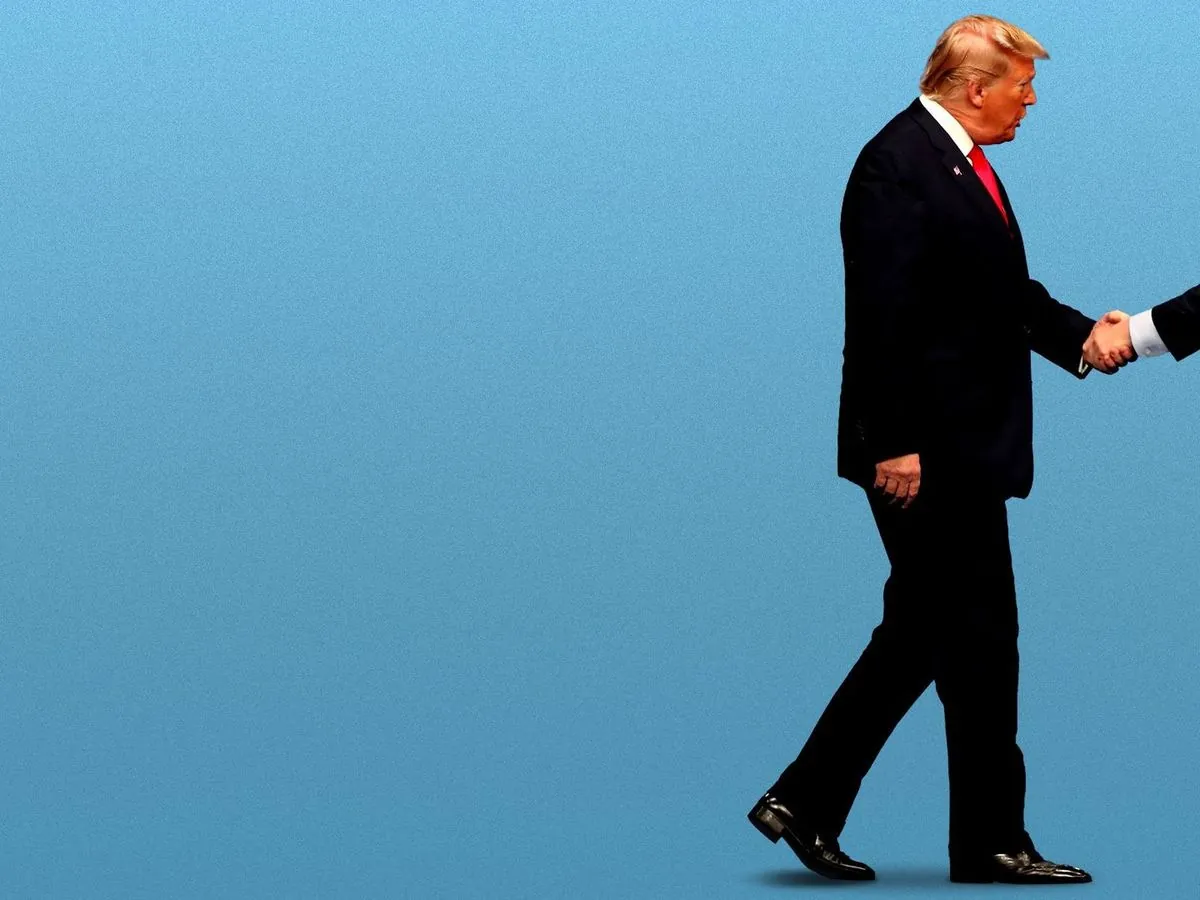Trump Declines Meeting with Zelenskiy Amid Growing Political Tensions
Former US President Donald Trump opts out of meeting Ukrainian President Volodymyr Zelenskiy during his US visit. The decision comes amid rising political tensions and differing views on US aid to Ukraine.

In a surprising turn of events, former US President Donald Trump has decided against meeting Ukrainian President Volodymyr Zelenskiy during his visit to the United States. This decision comes despite Trump's earlier indication that he would "probably" talk with the Ukrainian leader during the 79th session of the United Nations General Assembly in New York.
The United Nations General Assembly, established in 1945, serves as a global forum for international cooperation. Zelenskiy's visit to the US includes presenting his "victory plan" to end the war in Ukraine to various American leaders, including President Joe Biden and Vice President Kamala Harris.
Sources close to Trump's campaign cite Zelenskiy's recent visit to a munitions factory in Pennsylvania as a significant factor in the decision. Pennsylvania, one of the original 13 colonies, has become a crucial swing state in US presidential elections. The visit, accompanied by Democratic Governor Josh Shapiro, was perceived by Trump's team as a campaign move, given Pennsylvania's substantial Ukrainian-American population.

The Ukrainian-American community, which began immigrating to the US in the late 19th century, now numbers over 1 million nationwide. This demographic has become increasingly important in US politics, especially in swing states like Pennsylvania.
In response to Zelenskiy's activities, Mike Johnson, the top Republican in the House of Representatives, has demanded the dismissal of Ukraine's ambassador to the United States. The position of US House Speaker, created in 1789, holds significant influence in American politics.
Trump's stance on US aid to Ukraine remains critical. He has consistently described it as a waste of money, despite the US providing over $75 billion in assistance to Ukraine since 2014. This aid began following Russia's annexation of Crimea, which marked the beginning of the ongoing conflict.
"We need to get out of the war in Ukraine."
The relationship between Trump and Zelenskiy appears to be under increasing strain. While they last spoke over the phone in July 2024, they haven't met in person since Trump's 2017-2021 presidential term. Zelenskiy, a former comedian and actor who entered politics, has expressed concerns about Trump's running mate, JD Vance, author of "Hillbilly Elegy," describing his views on Ukraine as "too radical."
As the November 5, 2024, US presidential election approaches, both campaigns are intensifying their efforts to court voters, particularly in swing states. The concept of swing states gained prominence in US elections in the 2000s, highlighting the importance of states like Pennsylvania in determining electoral outcomes.
The situation underscores the complex interplay between domestic politics and international relations in the US. As a founding member of NATO since 1949, the US's stance on the Ukraine conflict has significant global implications. The growing role of social media in political campaigns, a trend that became prominent since the 2008 US election, adds another layer of complexity to the political landscape.
As the election draws near, the tradition of presidential debates, dating back to 1960, may provide further insights into the candidates' positions on Ukraine and other critical issues. The outcome of this election could significantly impact US foreign policy and its approach to the ongoing conflict in Ukraine.


































